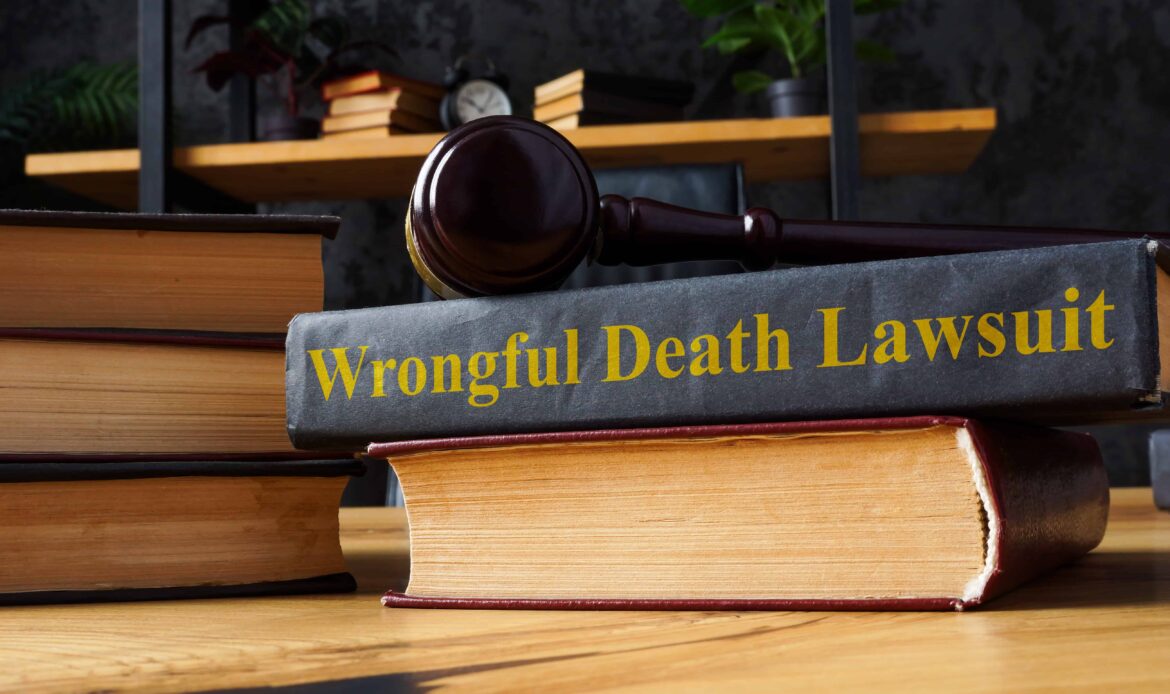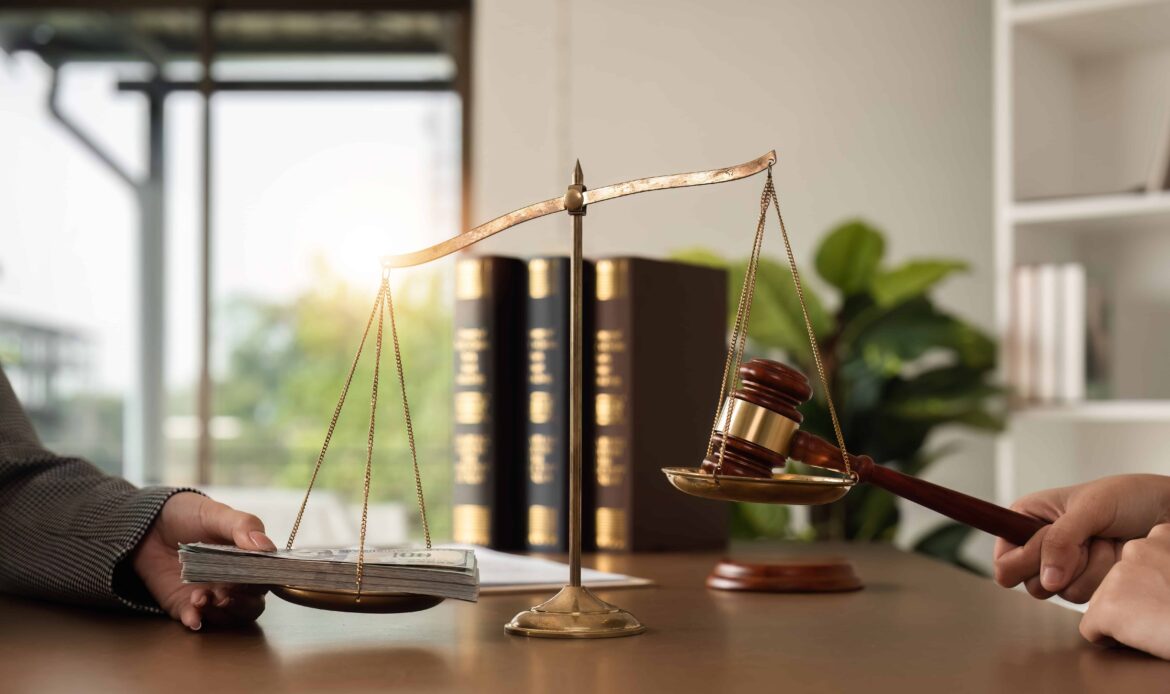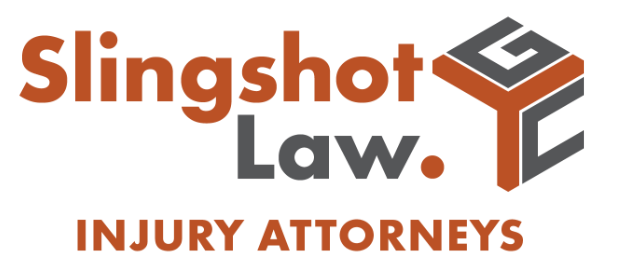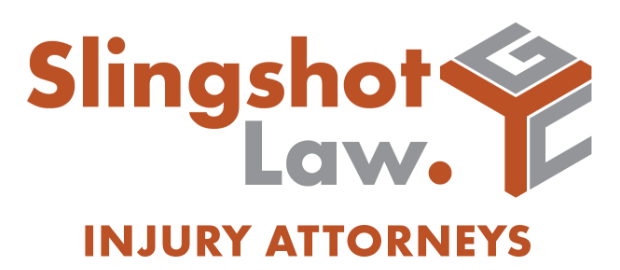At Slingshot Law, we understand that the sudden loss of a family member creates overwhelming grief, financial uncertainty, and unanswered questions about what happened and who bears responsibility. Our Austin wrongful death lawyer investigates fatal crashes, medical errors, workplace incidents, and dangerous conditions that caused your loved one’s death while insurance carriers evaluate liability and policy limits.
Texas wrongful death claims allow surviving spouses, children, and parents to pursue compensation for funeral expenses, lost financial support, loss of companionship, and mental anguish when negligence causes death. These claims operate under strict deadlines and procedural rules that determine who can file, what damages apply, and how settlements are divided among family members.
While your family grieves and manages funeral arrangements, we gather evidence, identify liable parties, and handle the claim process. Call us now for a free case review at (800) 488-7480. We are here for your family.
Key Takeaways for Austin Wrongful Death Claims
- Texas wrongful death law limits who can file claims to surviving spouses, children, and parents have standing; siblings and extended family typically cannot sue directly
- The two-year statute of limitations begins on the date of death, not the date of the underlying incident; missing this deadline bars recovery permanently
- Economic damages include funeral costs, lost earning capacity, and loss of household services; non-economic damages compensate loss of companionship and mental anguish
- Wrongful death claims differ from survival actions—wrongful death compensates family members’ losses, while survival actions pursue the deceased’s own damages
- Slingshot Law works on contingency, so you pay nothing unless we recover compensation for your family
Why Families Choose Slingshot Law for Austin Wrongful Death Cases

At Slingshot Law, we recognize that no legal outcome can bring back your loved one or ease the profound grief your family endures. What we can do is shoulder the legal burden, pursue accountability, and fight for financial security for your family during this devastating time.
Our Austin wrongful death attorneys combine aggressive advocacy with the compassion and respect your family needs. Our wrongful death legal services include:
- Rapid evidence preservation through spoliation letters, accident reconstruction, and medical record requests before critical proof disappears or becomes unavailable
- Comprehensive investigation coordinating with medical examiners, accident experts, and witness interviews to establish how and why your loved one died
- Economic loss analysis working with vocational experts and economists, when warranted, to calculate lost income, benefits, and household contributions over your loved one’s expected lifetime
- Insurance negotiation handling communications with carriers who may try to minimize payouts and or dispute liability, giving you time to focus on your family
- Trial preparation and litigation coordinating expert witnesses and building cases to encourage settlement, or taking cases to court when fair offers aren’t made
- Contingency fee representation advancing all case costs without upfront payment—you pay nothing unless we recover compensation
While we handle investigations, negotiations, and litigation, you can focus on supporting each other and beginning to heal. We communicate clearly, respond promptly to your questions, and treat your family’s loss with the dignity and respect it deserves.
Contact us now for a free case consultation at (800) 488-7480. Let us carry the legal burden.
What Qualifies as Wrongful Death in Texas?
Texas Civil Practice & Remedies Code § 71.002 defines wrongful death as death caused by the wrongful act, neglect, carelessness, unskillfulness, or default of another person or entity. The negligence, intentional conduct, or strict liability that would have given the deceased a personal injury claim creates the foundation for wrongful death claims.
Common accidents that lead to wrongful death cases include:
Motor Vehicle Accidents
Fatal crashes on I-35, MoPac, or US 183 caused by distracted driving, drunk driving, or speeding create wrongful death claims against negligent drivers. Commercial vehicle accidents involving 18-wheelers or delivery trucks often result in catastrophic collisions where liability extends to trucking companies, cargo loaders, and maintenance contractors.
Workplace Accidents
Workplace fatalities from construction falls, industrial accidents, or exposure to hazardous materials generate wrongful death claims when third-party negligence contributed to deaths. While workers’ compensation provides death benefits, third-party claims against equipment manufacturers, general contractors, or subcontractors pursue additional compensation beyond workers’ compensation limits.
Premises Liability
Premises liability deaths occur when dangerous property conditions cause fatal falls, drownings, or violent assaults. Property owners who fail to maintain safe conditions, provide adequate security, or warn of known hazards face liability when these failures cause deaths.
Who Can File a Wrongful Death Claim in Texas?

Texas wrongful death statutes strictly limit who has legal standing to file claims. Unlike some states that allow distant relatives or estate representatives to pursue wrongful death damages, Texas law creates a narrow class of potential plaintiffs.
Surviving Spouse, Children, and Parents
Texas Civil Practice & Remedies Code § 71.004 grants standing to the deceased’s surviving spouse, children, and parents. These family members can file jointly or individually. If multiple family members have standing, they typically coordinate claims to avoid procedural complications.
Adult children have the same standing as minor children. Biological parents maintain standing even if the deceased was an adult. Step-parents and adoptive parents have standing equivalent to biological parents.
Three-Month Waiting Period and Estate Representative
If surviving family members do not file within three months of death, the deceased’s estate representative may file on behalf of eligible family members. The personal representative or executor cannot pursue wrongful death damages on behalf of the estate itself, as these damages belong exclusively to the surviving spouses, children, and parents.
Who Cannot File
Siblings, grandparents, aunts, uncles, and other extended family members lack standing under Texas wrongful death law. Domestic partners without legal marriage cannot file wrongful death claims. These relatives may have standing for survival actions if they are estate heirs, but wrongful death damages remain limited to spouses, children, and parents.
Building Strong Wrongful Death Claims
Insurance adjusters challenge causation, dispute negligence, and may try to minimize damages. Our lawyers address these challenges through comprehensive evidence gathering.
Your Slingshot Law wrongful death lawyer secures evidence like:
- Austin Police Department or Texas DPS crash reports and investigation files
- Medical examiner reports and autopsy findings
- Emergency room records, hospital charts, and physician notes
- Witness statements collected before memories fade
- Surveillance footage from businesses, traffic cameras, or security systems
- Employment records documenting income and benefits
- OSHA reports and workplace safety violation records
- Product testing and failure analysis for defective equipment claims
- Maintenance logs, inspection records, and safety training documentation
We then compile this evidence into a demand package, demonstrating who was responsible and the harm that their negligence caused your family.
Damages Available in Texas Wrongful Death Cases

Texas wrongful death statutes permit recovery for specific categories of economic and non-economic damages. These damages are different than other types of personal injury damages because they are intended to compensate the family for the harm they have suffered, rather than the accident victim.
Economic Damages
Economic damages compensate measurable financial losses:
- Funeral and burial expenses, including casket costs, cremation, burial plots, and memorial services
- Medical expenses incurred before death, including emergency care, hospitalization, surgery, and intensive care
- Loss of earning capacity, calculating the present value of income the deceased would have earned over their work-life expectancy
- Loss of household services valuing non-market contributions including childcare, home maintenance, and family management
- Loss of inheritance representing the estate value the deceased would have accumulated and passed to heirs
Non-Economic Damages
Non-economic damages address surviving family members’ intangible losses:
- Loss of companionship, compensating spouses for lost intimacy, comfort, and partnership
- Loss of society for children who lost parental guidance, care, and nurturing
- Mental anguish, addressing grief, sorrow, and emotional suffering experienced by surviving family members
- Loss of advice and counsel particularly relevant when adult children lose parents who provided guidance
Claim value varies based on the deceased’s age and earning capacity, number and ages of surviving family members, quality of relationships, circumstances of death, and strength of liability proof.
How Settlements Divide Among Family Members
Texas law does not specify how wrongful death damages are divided among eligible family members. Courts require surviving spouses, children, and parents to agree on distribution or determine allocation through trial. Factors courts consider include each family member’s relationship with the deceased, financial dependency, and degree of mental anguish suffered.
Wrongful Death Claims vs. Survival Actions
Texas law recognizes two distinct causes of action following death: wrongful death claims and survival actions. While wrongful death claims compensate surviving family members for their own losses, survival actions compensate the estate for the deceased’s losses.
Texas Civil Practice & Remedies Code § 71.021 creates survival actions, allowing the deceased’s estate to pursue damages that the deceased could have claimed if they had survived. These include pre-death pain and suffering, medical expenses before death, and lost wages from injury to death.
Survival action damages become estate assets distributed to heirs according to the provisions of the will or intestacy law. The estate representative files survival actions on behalf of all heirs, not just spouses, children, and parents.
Texas Comparative Negligence and Wrongful Death Cases
Texas Civil Practice & Remedies Code § 33.001 applies proportionate responsibility in wrongful death cases. If a jury finds that the deceased was partially at fault for the incident causing death, recovery is reduced by the assigned percentage. Findings of more than 50 percent fault bars recovery entirely.
Comparative fault arguments create an additional emotional burden for grieving families who must hear criticism of their deceased loved one. We prepare families for these defense strategies and counter them with evidence proving the defendant’s violations caused death despite any claimed conduct by the deceased.
Steps to Take After a Loved One’s Death

Austin families facing sudden loss must manage grief while addressing immediate practical concerns. Certain actions protect legal rights and strengthen wrongful death claims.
Here are some practical steps to prepare for your wrongful death case:
- Obtain death certificates. Multiple certified copies become necessary for insurance claims, estate proceedings, and legal filings. Request at least ten certified copies from the county vital records office.
- Secure the police report or incident investigation. Austin Police Department crash reports are available at APD headquarters at 715 E 8th Street or through online systems. OSHA investigation reports for workplace fatalities become available after investigations are complete.
- Preserve the deceased’s belongings and records. Employment records, pay stubs, tax returns, and benefit statements document income for economic damage calculations. Medical records establish pre-existing conditions and treatment history relevant to causation disputes.
- Document funeral and burial expenses. Save itemized invoices from funeral homes, cemeteries, and memorial service providers. These expenses constitute recoverable economic damages.
- Do not give recorded statements to insurance adjusters. Insurers contact surviving family members quickly, seeking statements in hopes of minimizing negligence or establishing comparative fault. Politely decline and refer them to your attorney.
- Contact an Austin wrongful death lawyer immediately. Evidence disappears daily. Slingshot Law’s injury team preserves investigation files, secures witness statements, and coordinates expert analysis, when needed, while your family grieves. Let us handle the insurance company.
FAQ for Austin Wrongful Death Lawyer
Can You File Both a Wrongful Death Claim and a Survival Action?
Yes. Many wrongful death cases pursue both claims simultaneously—wrongful death damages for surviving family members plus survival action damages for the estate.
How Long Do I Have to File a Wrongful Death Lawsuit in Texas?
The Texas statute of limitations allows two years from the date of death. This deadline differs from personal injury claims measured from injury date. Missing this deadline bars recovery regardless of case strength.
Can I Sue for Punitive Damages in a Texas Wrongful Death Case?
In limited situations, survival actions may include punitive damages when the defendant’s conduct involved fraud, malice, or gross negligence. Punitive damages require clear and convincing evidence of egregious conduct. Wrongful death claims themselves do not permit punitive damages.
What If My Loved One Survived for a Long Time After the Accident?
Cases where the deceased survived days, weeks, or months after the initial incident often involve both wrongful death and survival claims. The survival action can pursue damages for the pain and suffering your loved one endured from the time of injury until death, plus medical expenses incurred during that period.
Do I Need a Lawyer or Can Insurance Handle This?
While not required, having a lawyer can help. Wrongful death claims sometimes require expert testimony, economic analysis, and complex damage calculations that families cannot manage while grieving. Our attorneys working on contingency eliminate financial barriers while substantially increasing recovery.
Schedule a Free Consultation With an Austin Wrongful Death Lawyer
Losing a family member creates grief, financial uncertainty, and anger about preventable deaths caused by negligence. While you support each other and manage funeral arrangements, insurance companies are evaluating your claim.
Let our wrongful death attorneys handle investigations, coordinate experts if needed, and negotiate with insurance while you focus on your family and healing together.
Call (800) 488-7480 for a free case review to discuss your Austin wrongful death claim. We advance all case expenses and recover fees only if we win compensation.
Austin Office
Address: 1802 Lavaca St, Austin, TX 78701
Phone: (800) 488-7480

